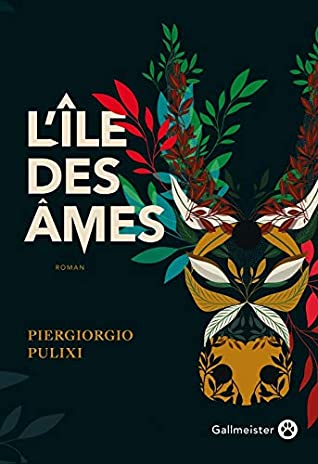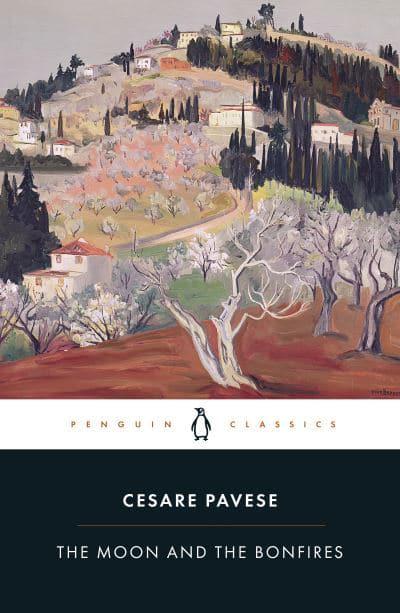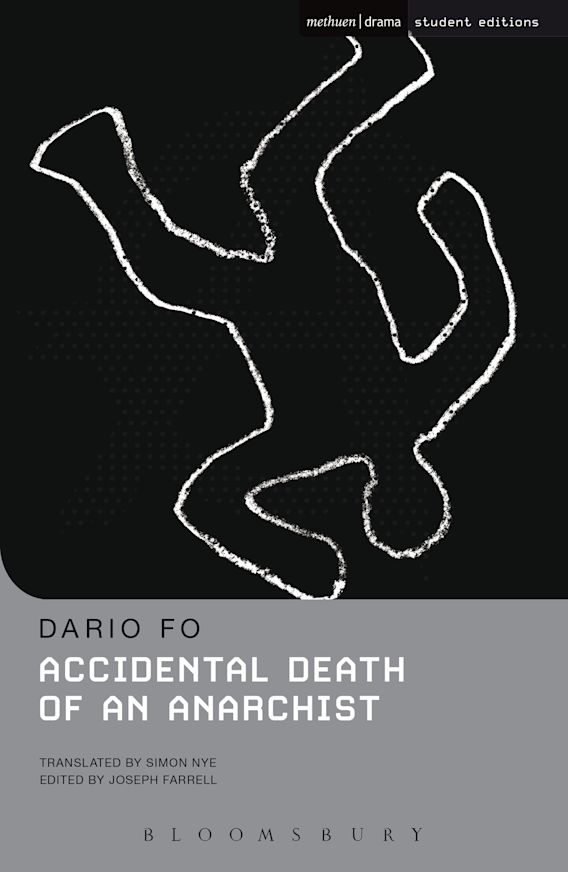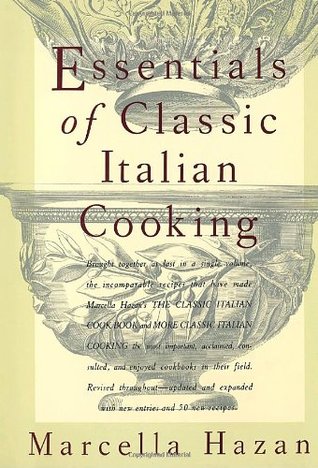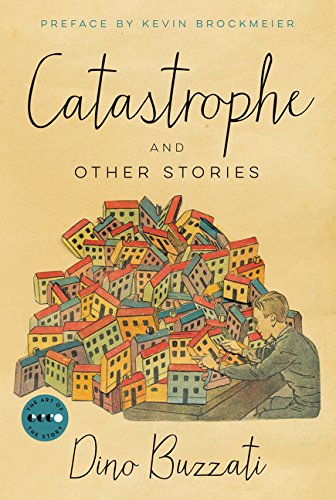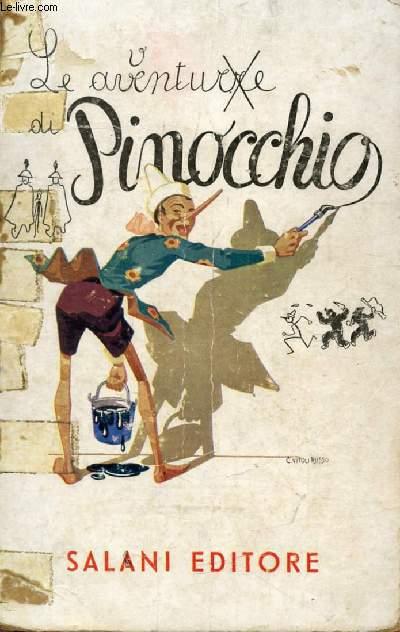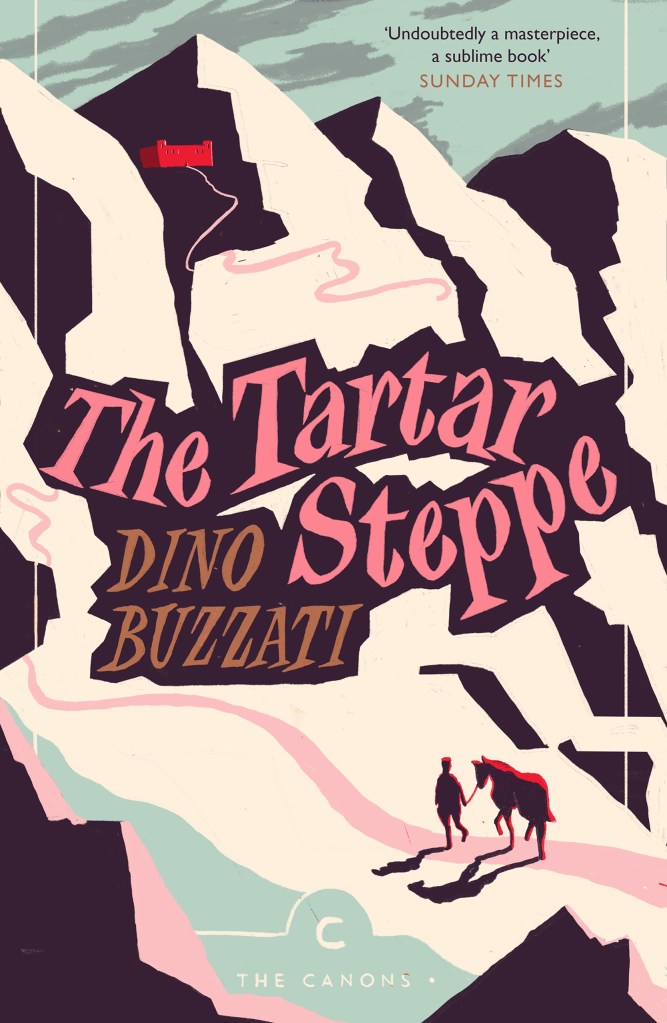
Lies and Sorcery [1948/2023] – ★★★★
“Look in my face; my name is Might-have been;/I am also call’d No-more, Too-late, Farewell;/Unto thine ear I hold the dead-sea shell/Cast up thy Life’s foam-fretted feet between;/…“The House of Life: A Superscription by Dante Gabriel Rossetti.
The first lines of this famous poem by Dante Gabriel Rossetti may be best in capturing the rich and sensuous spirit of Elsa Morante’s debut – novel Lies & Sorcery, first published in Italian in 1948. It is a highly ambitious coming-of-age/multi-generational family saga at the core of which are such themes as love and abandonment, romantic longing and self-deception, parental attachment that verges on obsessive devotion and the ultimate disillusionment. The main, larger-than-life characters are shy Anna, capricious Edoardo, downtrodden Francesco and voluptuous Rosaria, while Anna’s parents Cesira and Teodoro also figure in this story. The narrative is from Anna’s daughter Elisa, who, in her confessional tone, weaves a story-tapestry on which her relatives are forced to repeat the same mistakes from one generation to the next due to their inability to learn, adapt and make peace with the past. The result is ambitions gone astray, opportunities squandered, and life and love being constantly replaced by unreachable dreams, illusions and elaborate fantasies.
Continue reading “Review: Lies and Sorcery by Elsa Morante”

